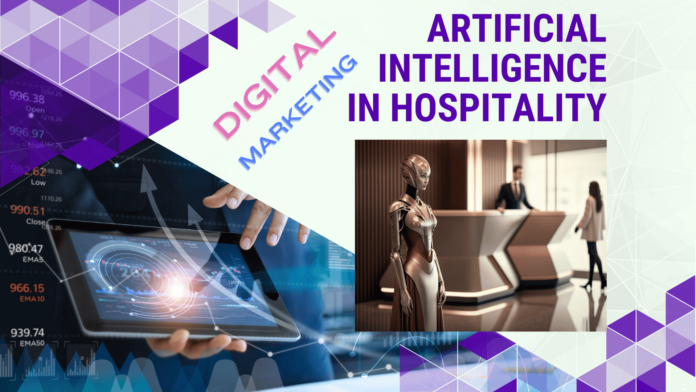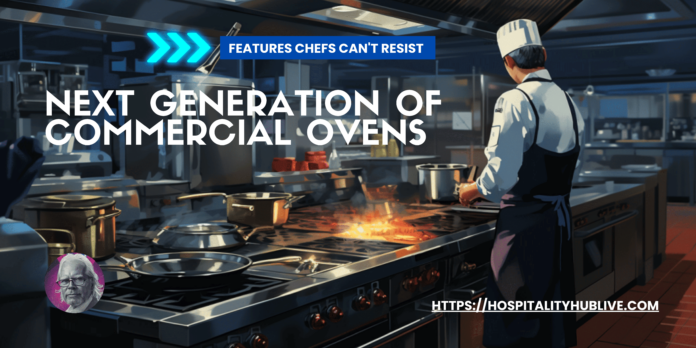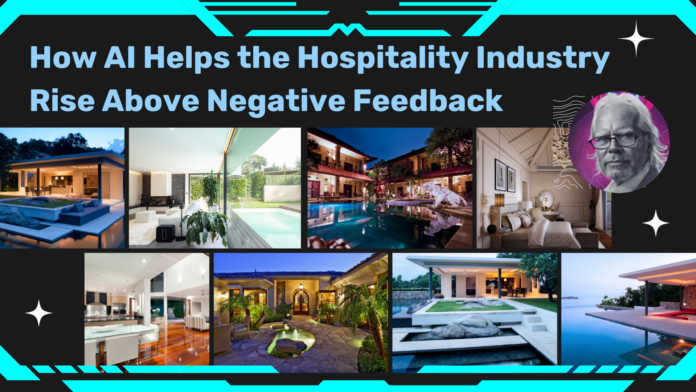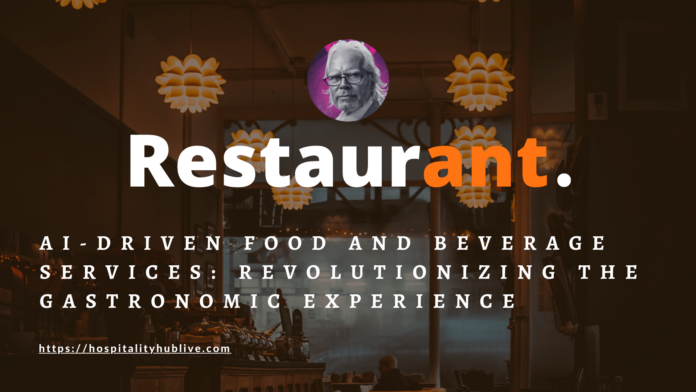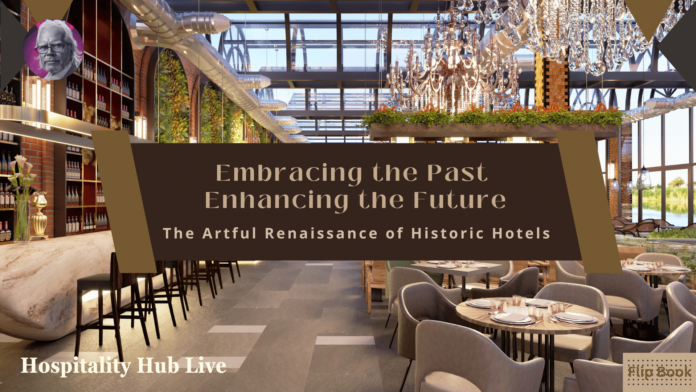Please find below the FREE : The Cutting-Edge Landscape of Artificial Intelligence: Implications and Opportunities for the Hospitality Sector
You are welcome to buy our staff a cup of coffee. No need for Starbucks
— A coffee from the corner shop is ok!
Introduction:
Artificial Intelligence (AI) has become a transformative force that is reshaping numerous industries, and the hotel sector is no exception.
As AI technologies mature, they introduce a myriad of both opportunities and challenges.
This article delves deeply into the most recent advancements in AI, their advantages and disadvantages, and the specific ways these innovations could revolutionize the hospitality industry.
Latest Developments in AI
Advanced Machine Learning Algorithms
- Deep Learning: Goes beyond traditional algorithms to emulate the way human brains process information, enabling highly accurate predictive modeling.
- Reinforcement Learning: Uses trial and error to optimize decision-making, increasingly used in real-time data processing scenarios.
Natural Language Processing (NLP)
- Sentiment Analysis: AI now can gauge human sentiment more accurately, leading to better customer relationship management.
- Language Translation: Real-time translation is now more accurate, breaking down language barriers in international settings.
Robotics
- Healthcare Robotics: Robots capable of conducting minimally invasive surgeries with high precision.
- Logistics Automation: Self-driving trucks and drones are transforming supply chain management.
Benefits for the Hotel Industry
Personalized Experiences
- AI-powered algorithms can analyze previous bookings, preferences, and even social media behavior to offer tailor-made experiences.
Operational Efficiency
- Predictive analytics can forecast demand, helping hotels adjust pricing and staffing levels more efficiently.
Virtual Concierges
- Advanced NLP-driven chatbots can handle everything from bookings to 24/7 customer service, in multiple languages.
Resource Allocation
- AI can efficiently schedule staff based on forecasted busy periods, thereby reducing labor costs while maintaining service quality.
Conclusion:
The integration of AI into various sectors, including hospitality, is a double-edged sword.
While it promises unprecedented efficiency and customer engagement, it also raises economic and ethical questions that society must address.
For the hotel industry, the adoption of AI technologies could be a game-changer, provided they are implemented thoughtfully and responsibly.
Pros of AI
Efficiency and Cost-Effectiveness
- AI streamlines operations, reducing manpower and thereby operational costs.
- Automation minimizes human error, enhancing productivity and safety.
Improved Customer Experience
- Personalization is now achievable on a mass scale, resulting in higher customer retention rates.
- Real-time data analytics allows for more dynamic and responsive service.
Enhanced Data Analysis
- AI can sift through vast databases in milliseconds, deriving insights that would take humans months to achieve.
Cons of AI
Job Loss
- Automation threatens to replace human jobs, especially those that are repetitive and low-skilled.
- The workforce needs to be reskilled to adapt to an AI-driven landscape.
Ethical Concerns
- Biased algorithms can perpetuate social inequality.
- AI in surveillance raises serious privacy issues.
Dependency
- Over-reliance on AI can lead to vulnerabilities, including cybersecurity risks.
- A failure in AI systems can have catastrophic consequences.
Discover more from Hospitality Hub Live
Subscribe to get the latest posts sent to your email.
